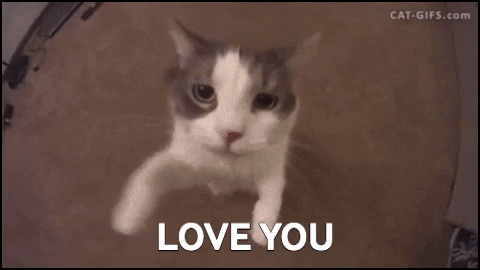
36 hours.
That’s about how long we actually had a wide-spread debate about what’s actually in the Withdrawal Agreement, back when it was agreed late in 2018.
Yes, it’s been thrown around in debate ever since, but it was only for that brief window that the substance got a decent sounding and consideration in the public gaze, before we lapsed into the procedural aspects of it all: who’s supporting it, who’s not, will it pass?
As that subsequent debate showed, those were indeed important and consequential questions, but but they weren’t the only questions that could have been asked.
All of this came back to me the other evening as I spoke at an event at St Antony’s College, Oxford, on politics in the digital age. Sat next to Ameet Gill, David Cameron’s long-time advisor (and someone who’s worth hearing for his inside track on the past decade), I was struck by the tension that exists between shaping and being shaped by politics.
A big part of the problem is the ever-shortening half-life of political debate. Ameet noted that there used by at most two news cycles in a day – morning and evening – but now things move so quickly that the concept is of ever less use.
Certainly, the world offers us endless spectacle and distraction: a bridge, a deportation, whether someone has a tan line (and that’s just the past couple of days).
The challenge is not so much getting attention as it is holding it.
Yes, the psychodramas that have played out over recent years in Westminster and Whitehall have been fascinating, but they could only ever tell us so much about whether the decisions we were going to make were the right ones.
In order to do that, we needed to focus on the substance and not just the theatrics. Practicalities might be less exciting – actually, they are often very dull – but they still matter. A lot.
The more we can all try to resist the temptation to move on to newer, funn-er things and actually work through the detail, the better the chances we have to reach an outcome to the Brexit process that we can live with in a lasting and inclusive way.
No, this wouldn’t be easy, but neither will hoping that things will turn out alright in the end, just because.
So, if you’re not happy with how Brexit is going, then try to get to grips with the issues and the processes – ask for help from the many people out there who can of use in that – and participate. Make your voice heard, and follow stuff up. Signing an e-petition isn’t going to be enough.
It doesn’t mean you have to give up on the cute cat GIFs, but you do have to recognise that your distraction is not your friend in this.
